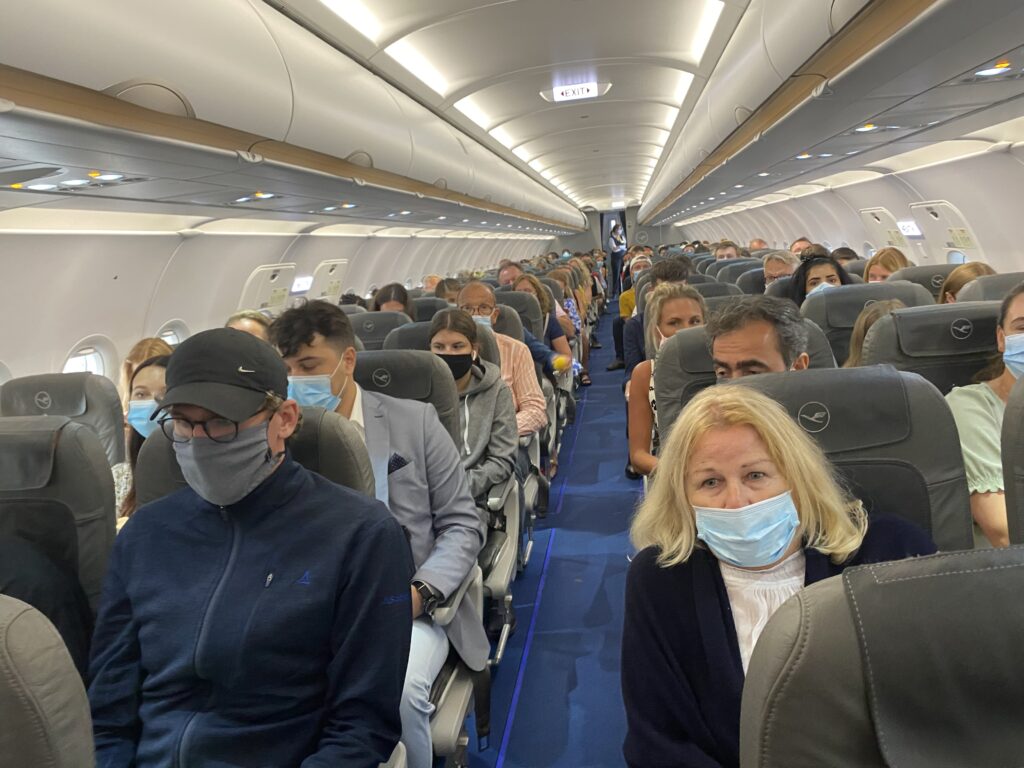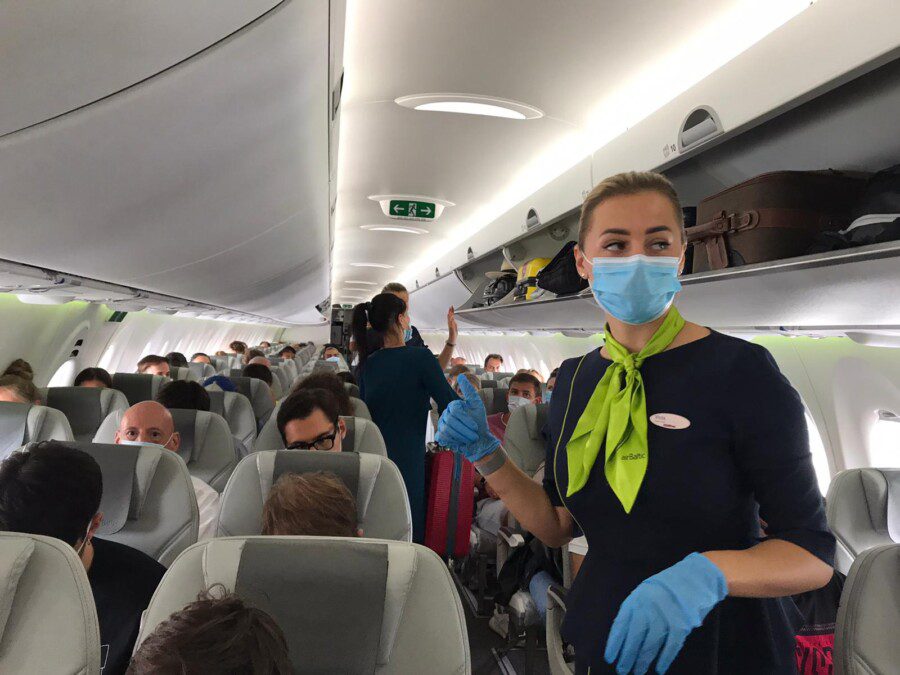Is it possible to catch the coronavirus on an airplane? Yes, but it is easier to get 5 in the superenalotto
Making 5 in the superenalotto is 27 times more likely than taking covid-19 on an airplane
It has now been 9 months since China publicly confirmed the existence of what a few months later became a global pandemic. Since then, the rush to vaccine, treatment and especially prevention has begun.
In this article:
Air transport was the first victim of Covid-19. In January, all the world's major airlines blocked flights to China; then, as the cases spread to Europe, blocks between EU nations were first triggered. And finally came the ban on flights across the ocean to the old continent as well.

Within 45 days commercial flights between continents virtually disappeared, except for repatriation flights. A slow return to normalcy began in June, although the vast majority of nations are still closed or have severe restrictions in place for all incoming passengers.
The aviation industry immediately responded to the crisis by attempting to gear up and demonstrate how, on the plane, safety was guaranteed. Staff on board equipped with all protective devices, repeated sanitization of aircraft, and most importantly the strength of the ventilation system through HEPA filters.
IATA, which is the association that brings together all industry companies, has released a study in which it shows that 44 confirmed cases of coronavirus occurred between January and July. More than 1.2 billion people are estimated to have traveled by air during the same period. Simply put, 1 in every 27.3 million passengers was found to be infected, making it much easier to score a 5 in the super lottery than to get infected on board an airplane.
Underlying these results are certainly the protocols adopted, which include changing the air in the cockpits every 2 minutes thanks to the best performing filters on the market and, of course, the requirement to wear a mask for the duration of the flight.
Companies desperately continue to try to convince governments to reopen their borders, perhaps following the example of Alitalia, which first opened to the Covid-free flights where you can board only passengers with negative tests. But the main problem remains the quarantine requirement that many states continue to impose on those entering the country. We will see if other nations will also follow the example of Hong Kong and Singapore, which have Reciprocal corridor opened to jumpstart travel nonessential.
- 12,000 Mileage Registration Bonus
- Collect miles WITH EACH PURCHASE
- Your miles with no expiration*
- No fees for ATM withdrawals and foreign purchases
- Without having to change banks
- Autonomous card activation
- Multi-function mobile application
- Free travel insurance
- Free credit for up to 7 weeks
- Contactless Payment
- Mastercard® SecureCode




